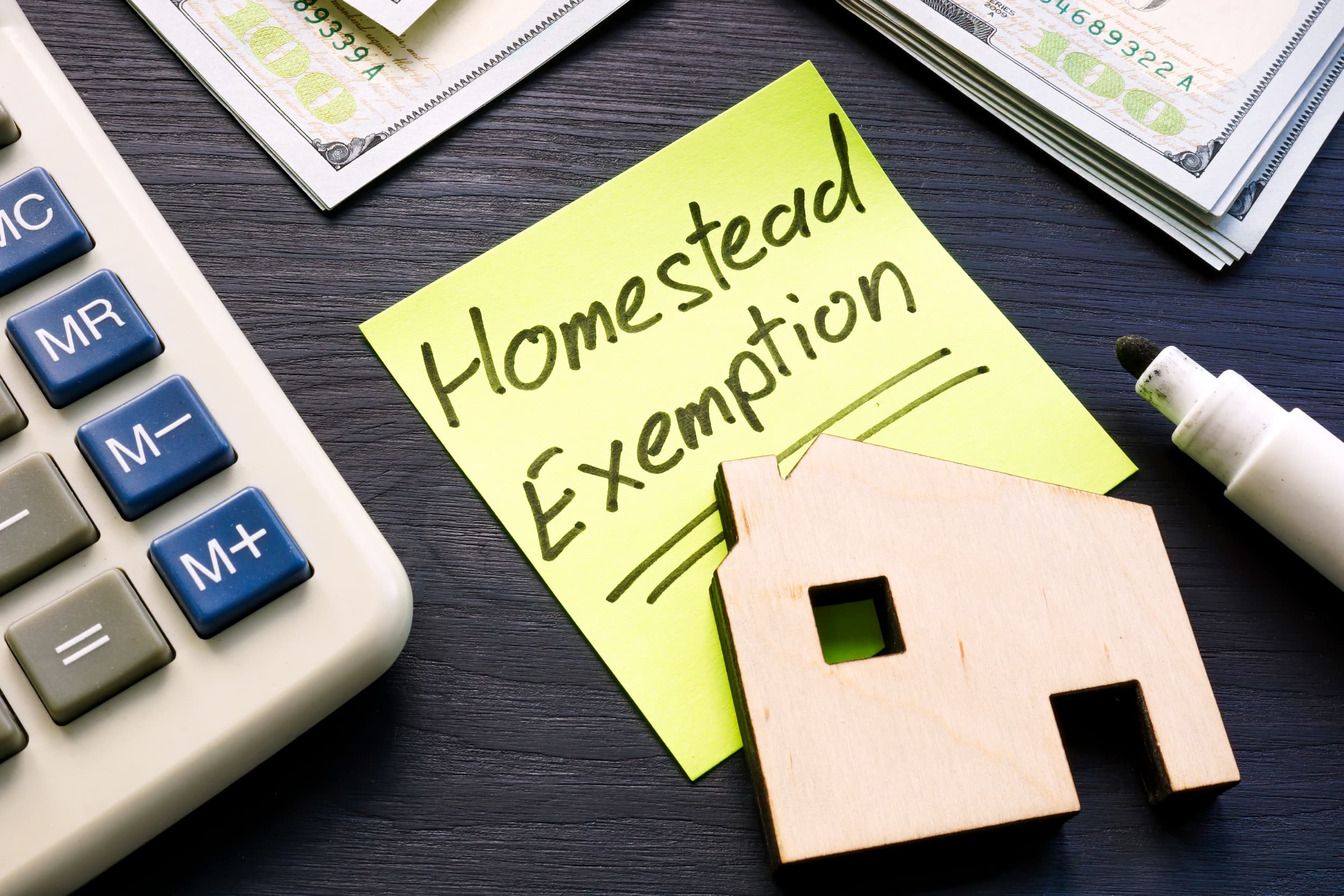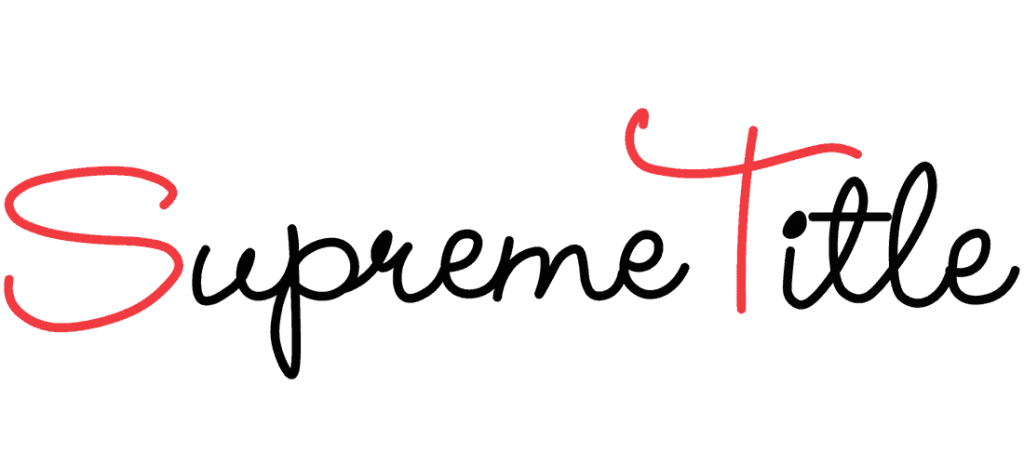What is a Short Sale?
A short sale is when a home is sold for less than the mortgage balance. Short sales sometimes called pre-foreclosure are alternatives to foreclosures. They are an option for homeowners whose mortgages are underwater. Unlike a foreclosure, they are initiated by the borrower, not the lender.
Do I qualify for a Short Sale?
Short sales can only take place when the mortgage lender agrees to move forward on one. To qualify a seller needs to produce evidence of financial hardship. Proving financial hardship can be a taxing process. When proving a hardship the borrower is required to provide a letter of hardship, tax documents, pay stubs, and more.
What Happens During a Short Sale?
If a lender is willing to agree to a short sale a short sale all parties involved need to negotiate the terms. It is in the borrower’s best interest to get in writing, the lender will not pursue a deficiency judgment. A deficiency judgment is when the borrower owes the lender the remaining balance of the loan after the sale. Some states have anti-deficiency judgment laws however, Florida is not one of those states.
Once terms have been negotiated, it is time to sell the property. Once a potential buyer presents an offer the lender needs to agree on the sale price. The buyer and the seller may need to sign an “arm’s-length” affidavit, which is a document signed by both parties stating that neither party knows the other, nor is there any type of pre-existing relationship between the two.
How to Find the Right Realtor
Many lenders will require a realtor for the short sale. Picking the correct realtor is crucial to avoid foreclosure. Sellers should look for an agent who has experience in short sales. If possible, sellers should find a realtor who has worked with their specific lender before.
While it is not required, finding an agent with special training and certifications is definitely a positive. Look for agents who have completed the National Association of Realtors Short Sales and Foreclosures Resource Certification program, or some who is a Certified Distressed Property Expert.
Pros to Short Sales
Borrowers can purchase a home faster after a short sale than a foreclosure.
The amount of time that is required to wait to purchase a home after a short sale is usually less than a foreclosure. If the borrower was not behind on mortgage payments and had a good credit history, they might only have to wait as little as two years instead of the standard 7 for foreclosure.
Short sales have the potential to impact the borrower’s credit less than a foreclosure.
The negotiated terms of the short sale determine how the borrower’s credit is impacted. Unlike a foreclosure, borrowers can work with their lender to reach an agreement that will not detrimentally destroy their credit. Some of the factors that impact a borrower’s credit after a short sale include; how much is owed after the sale, credit history, and how the lender reports the sale.
Avoid foreclosure
Foreclosures are horrible, no one wants to be forced out of their home. The stigma they carry can also haunt potential homeowners for years. They are a lengthy and expensive legal process no one wants to deal with. A short sale allows the borrower to avoid the headache of a foreclosure.
Cons to Short Sales
Short sales still impact the borrower’s credit score.
Borrowers can not get away from a short sale without a large negative impact on their credit. After short sale borrowers usually have to wait a few years to purchase another home. It is standard to see a credit score drop 150-200 point drop after a short sale.
Borrowers may still be in debt after the property has sold.
If a borrower is still indebted after the sale the loan company may get a deficiency judgment. This means the borrower owes the lender the remaining balance on the loan.
More labor-intensive than the foreclosure process
Unlike foreclosure, the seller is still responsible for maintaining the house up until the sale. Sellers are also required to find a potential buyer for the property. In a foreclosure, the house is seized from the borrower and the lender is responsible for maintenance, repairs, and eventually a sale.
Face a large tax bill
If the mortgage lender does not seek a deficiency judgment, the amount forgiven on the loan can be considered income by the IRS. This means the borrower can owe taxes on that money. When starting the process of a short sale, a borrower needs to consult a tax professional for assistance.
There are many things when deciding if a short sale is the right decision. You can mitigate these challenges by contacting a real estate agent who has experience with short sales and can assist with the steps to get started.






